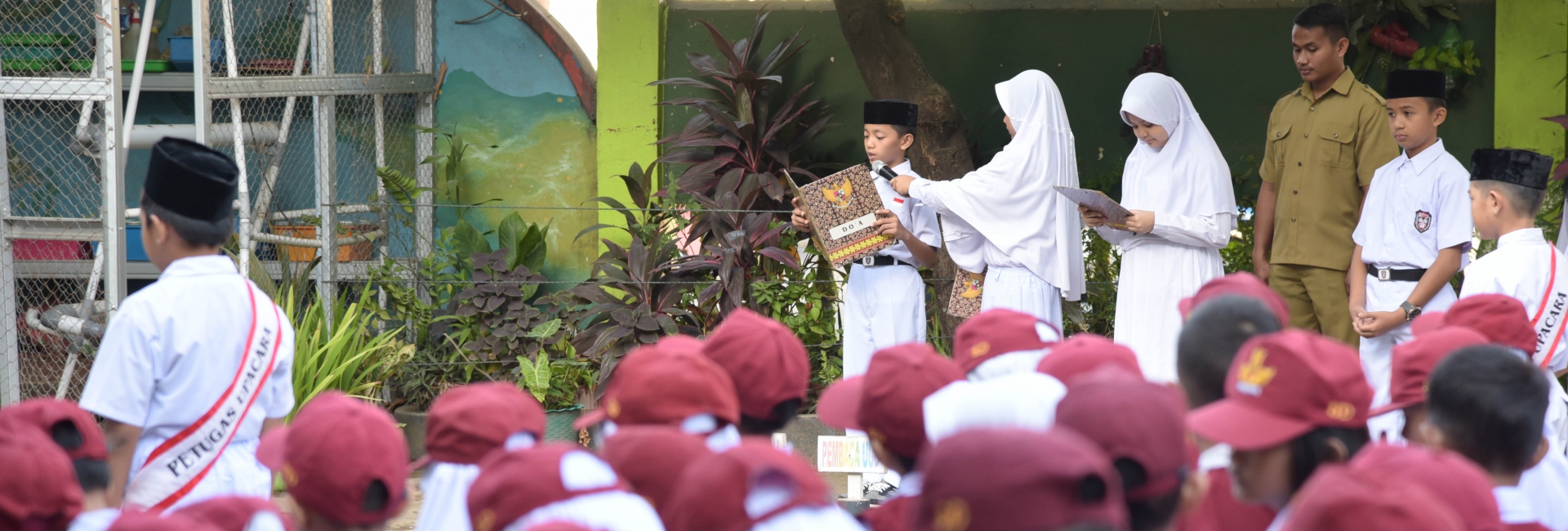This study is part of RISE Programme in Indonesia, a large scale, multi-country research program that seeks to understand how school systems in the developing world can overcome the learning crisis and deliver better learning for all. The study is one of the components in the Reform Area B that seeks to understand the supporting or inhibiting factors of district education policy innovations.
Indonesia is a country with a decentralized education system. The central government empowers local governments to innovate, including in policy-related matters. RISE works closely with selected local governments to design, evaluate, and adapt their education policies to be more effective in improving the quality of education.
To understand what drives educational innovations to emerge at the local level.
We employed a combination of qualitative methods to produce rich information on the impact and process of innovations and to be “more secure in the validity of the findings”. We conducted (semi-structured, in-depth, and informal) interviews, group discussions, and observations. This research used purposive sampling, where we sought study participants from the community, parents, teachers, or government officials according to certain criteria.





